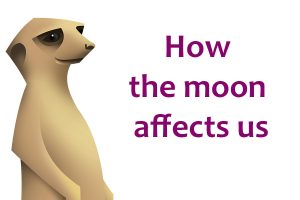Sleep is one of the most important aspects of our lives. Along with food, water and sex it is one of our most fundamental needs. Most people spend about 30% of their life sleeping; in a lifetime most people can expect to lose over 200,000 hours to sleep. This astonishing figure equates to around 9800 days or 27 years! What a waste! Imagine what we could achieve if we didn’t have to sleep.
It’s not just us, though. The need for sleep is as pervasive in the animal kingdom as hunger. All animals sleep, in some way or another. So why do we do it, how is it controlled, and how can the physiological controls of sleeping help us to understand other aspects of our existence?
A great deal is now understood about the biological control mechanisms underpinning the sleep-wake cycle. This cycle is circadian, meaning that it repeats approximately once every day, and the regulation of sleep is strongly influenced by daily variation in light intensity. However, there is also internal control of sleep; if kept in total darkness, animals will still experience a sleep cycle. Universal across the animal kingdom, the centre of communication between external and internal influences is the pineal gland, located at the top of the brainstem, close to the surface of the skull. In many non-human animals, the skull is sufficiently thin that the pineal gland is able to detect some light passing through, and hormones that control the sleep cycle are stimulated directly by the presence or absence of light. However, in humans the skull is far too thick for this system to work. Instead, light levels are assessed directly by the eyes, and information from the eyes is passed on to the suprachiasmatic nuclei (SCN) which relays the information back to the pineal gland. Information about external conditions is combined with our internal clock to determine whether we should feel tired or awake.
Read full article in Experimentation >>

